Babies are known for their adorable and often mysterious behavior. One of the most common and intriguing behaviors in babies is eye rolling.
Parents and caregivers often wonder why babies roll their eyes and what it means. Understanding the reasons behind eye-rolling in babies can help parents and caregivers better understand their little ones and provide the care they need.
Eye movements in babies are complex and can be difficult to interpret. However, research has shown that eye-rolling in babies can be a normal developmental milestone.
As babies grow and develop, their eye movements become more coordinated and purposeful. Eye rolling is often seen as a part of this process, as babies learn to control their eye movements and focus on objects and people around them.
It is important for parents and caregivers to understand the different reasons why babies may roll their eyes. While eye rolling can be a normal part of development, it can also be a sign of underlying health issues or conditions.
By paying attention to other signs and symptoms and seeking medical attention when necessary, parents and caregivers can ensure that their baby is healthy and happy.
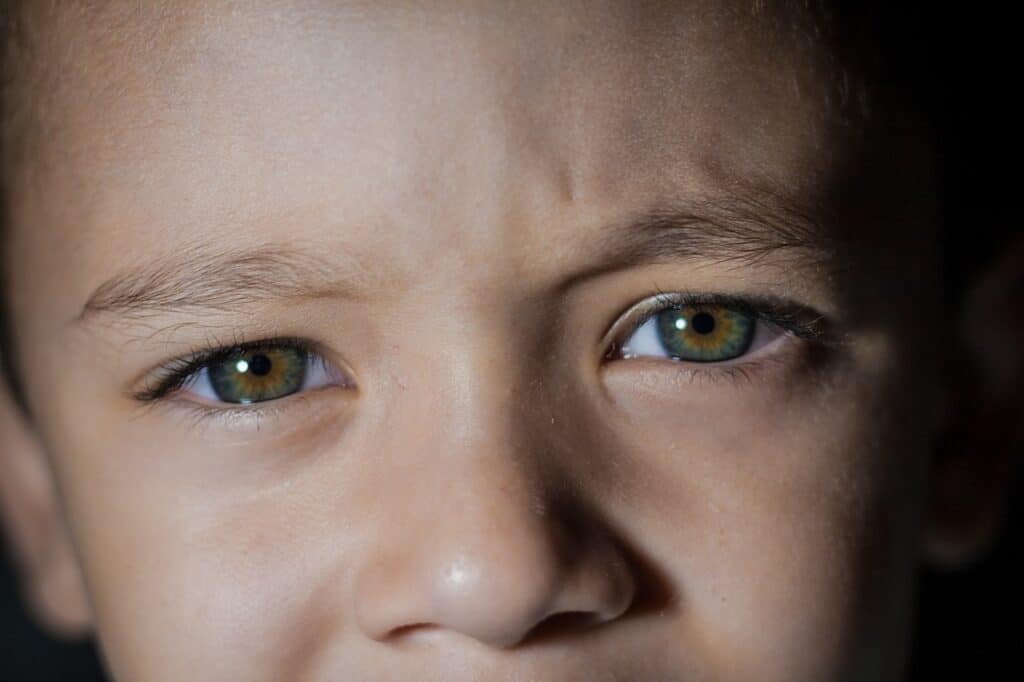
Key Takeaways
- Eye rolling in babies can be a normal part of developmental milestones.
- Eye rolling can also be a sign of underlying health issues or conditions.
- Parents and caregivers should pay attention to other signs and symptoms and seek medical attention when necessary.
1. Understanding Eye Movements in Babies

Eye movements in babies can be a source of concern for new parents. However, it is important to understand that most eye movements in newborns are normal, and are a sign of a healthy visual system.
In this section, we will explore the different types of eye movements in babies, and why they occur.
Normal Eye Movements in Babies
Newborns have a limited ability to focus their eyes and track objects in their environment. As a result, their eye movements may appear uncoordinated or jerky.
However, this is completely normal and is a sign that their visual system is developing as it should.
Babies also have the ability to move their eyes side to side and up and down, which is important for exploring their surroundings and developing hand-eye coordination. These movements are known as saccades and pursuits, respectively.
Rolling Eyes in Babies
Babies may also roll their eyes from side to side or up and down. This can be a cause for concern for some parents, but it is usually nothing to worry about.
Rolling eyes are a normal part of a baby’s visual development and are often a sign that their visual system is working properly.
However, if a baby’s eyes are rolling excessively or if they are accompanied by other symptoms such as vomiting or seizures, it is important to seek medical attention.
Alternating Eye Movements
Another common eye movement in babies is alternating eye movements. This is when a baby’s eyes move back and forth rapidly, and is often seen when they are tired or overstimulated.
Again, this is a normal part of a baby’s visual development and is nothing to worry about.
2. Developmental Milestones and Eye Rolling
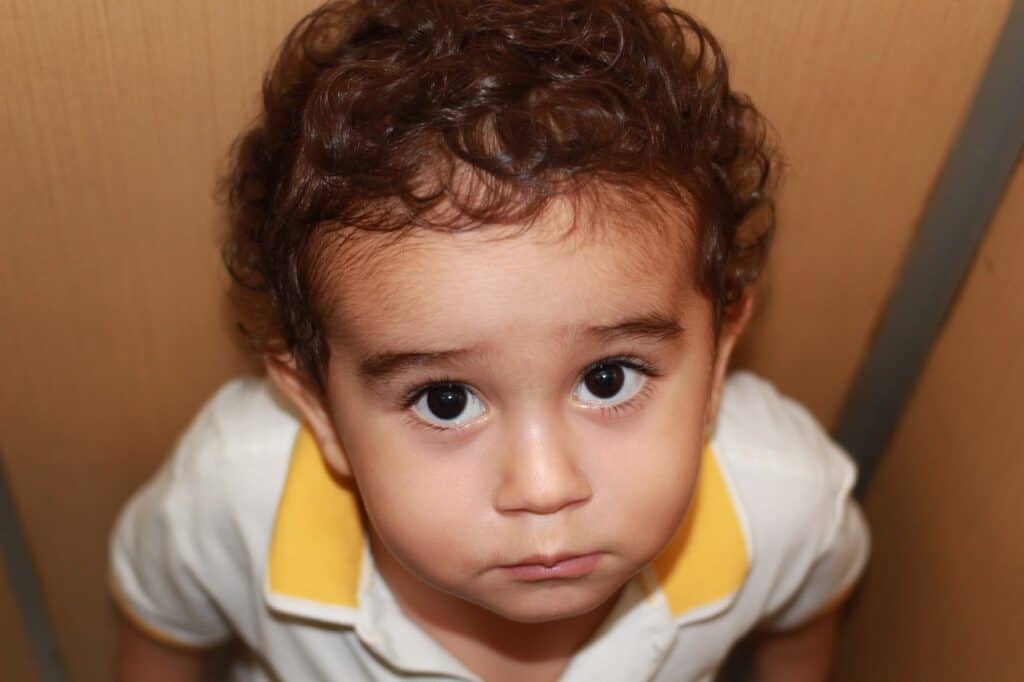
Developmental milestones are a set of skills or behaviors that babies typically achieve at a certain age range. These milestones are important indicators of a baby’s growth and development.
Eye rolling is one of the many behaviors that babies exhibit during their developmental milestones.
Between the ages of 4 to 6 months, babies start rolling over from their tummy to their back and vice versa. This is a major milestone in their physical development.
During this time, babies also start to develop their hand-eye coordination and begin to grasp objects. Eye rolling is a common behavior during this stage, as babies are exploring their surroundings and learning to focus on objects.
Babbling is another developmental milestone that occurs around six months of age. Babies start to make sounds and experiment with their vocal cords.
They also begin to recognize familiar faces and voices. Eye rolling during this stage is a way for babies to communicate and express their emotions.
Reading is also an important part of a baby’s development. Even though babies cannot read, they start to recognize letters and words at an early age.
Eye rolling during this stage is a way for babies to focus their attention on the words and images in books.
Eye rolling is a natural part of a baby’s growth and development. It is a way for them to explore their surroundings, communicate, and learn.
As the brain develops, eye-rolling becomes less frequent and babies start to exhibit more mature behaviors.
3. Sleep and Eye Movements
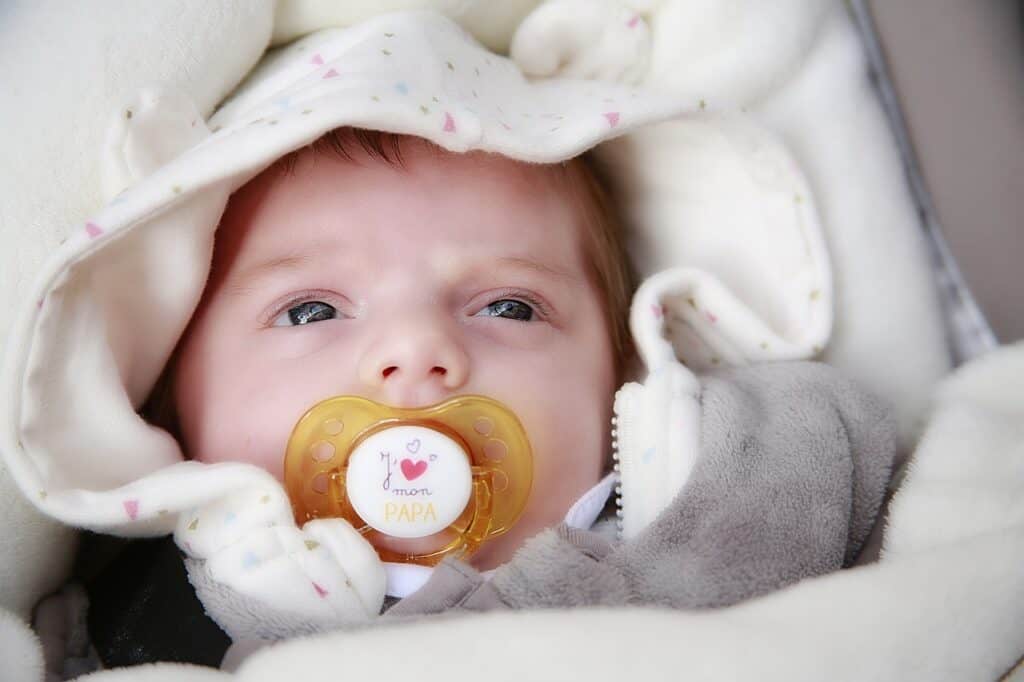
Eye movements during sleep are a common occurrence in babies. In fact, the eyes of a baby can move in different ways while they are asleep, and this can provide some insights into their sleep patterns.
During active sleep, also known as rapid eye movement (REM) sleep, babies’ eyes can move rapidly in different directions. This is the stage of sleep where most dreaming occurs.
During deep sleep, on the other hand, the eyes are less active, and there is minimal eye movement.
Before sleep, babies may also roll their eyes as a way of getting ready for sleep. This is because the eyes play a crucial role in regulating sleep and wake cycles.
The eyes are sensitive to light, and the amount of light that enters the eyes can affect sleep and wake cycles.
It is also worth noting that eye movements can occur during the waking hours of a baby. However, if parents notice that their baby is rolling their eyes excessively or in a way that seems unusual, it is advisable to seek medical attention to rule out any underlying medical conditions.
In summary, babies roll their eyes for various reasons, including during sleep as a way of regulating sleep and wake cycles. Eye movements during sleep can provide some insights into the sleep patterns of babies and can be used to monitor their sleep health.
4. Common Causes of Eye Rolling
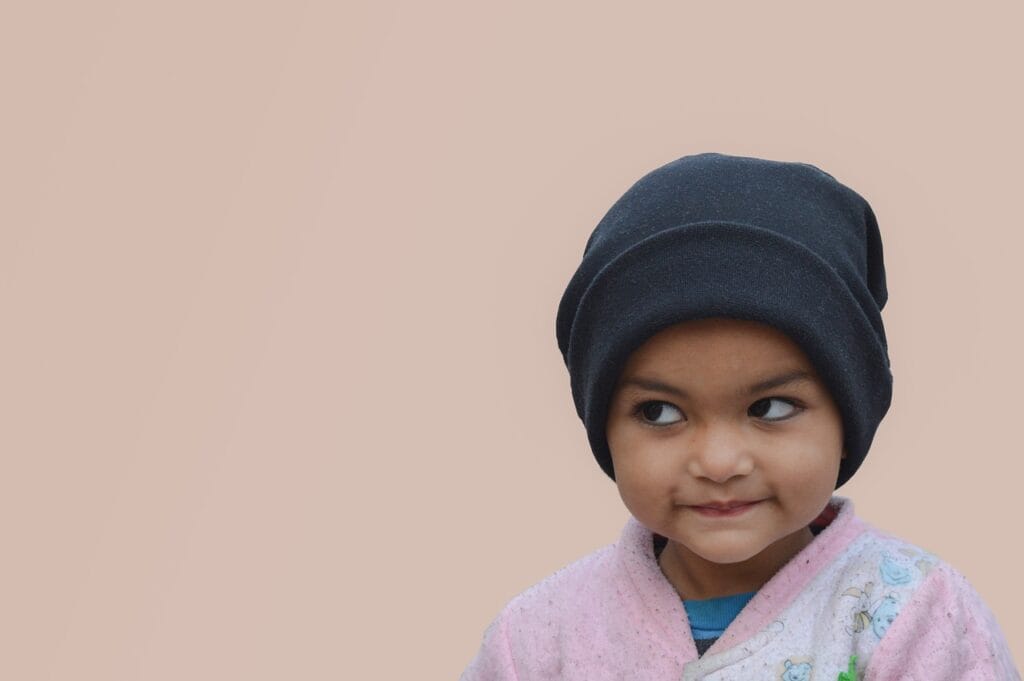
Babies roll their eyes for various reasons, some of which are normal while others may indicate an underlying health condition. Here are some common causes of eye rolling in babies:
Normal Developmental Milestones
In the first few months of life, babies may roll their eyes as part of normal developmental milestones. For example, when babies are learning to focus on objects, they may roll their eyes to adjust their gaze.
Additionally, when babies are tired or overstimulated, they may roll their eyes as a way to self-soothe.
Seizures and Epilepsy
Eye rolling can be a symptom of seizures or epilepsy in babies. Seizures occur when the electrical activity in the brain is disrupted, causing the body to convulse or jerk.
Eye rolling can be a sign of a seizure, especially if it is accompanied by other symptoms such as staring, twitching, or jerking movements.
Febrile Seizures
Febrile seizures are a type of seizure that occurs in babies and young children when they have a high fever. Eye rolling is a common symptom of febrile seizures, along with shaking, convulsions, and loss of consciousness.
Nystagmus and Strabismus
Nystagmus and strabismus are conditions that affect the movement of the eyes. Nystagmus is a condition where the eyes move involuntarily, while strabismus is a condition where the eyes are misaligned.
Both of these conditions can cause eye-rolling in babies.
Head Injuries and Neurological Disorders
Head injuries and neurological disorders can also cause eye-rolling in babies. If a baby has suffered a head injury, they may roll their eyes as a symptom of a concussion or other brain injury.
Neurological disorders such as cerebral palsy or meningitis can also cause abnormal eye movements and eye-rolling in babies.
In conclusion, eye-rolling in babies can be caused by a variety of factors, some of which are normal and others that may require medical attention. It is important for parents to monitor their baby’s eye movements and seek medical attention if they notice any concerning symptoms.
5. Signs and Symptoms to Watch For
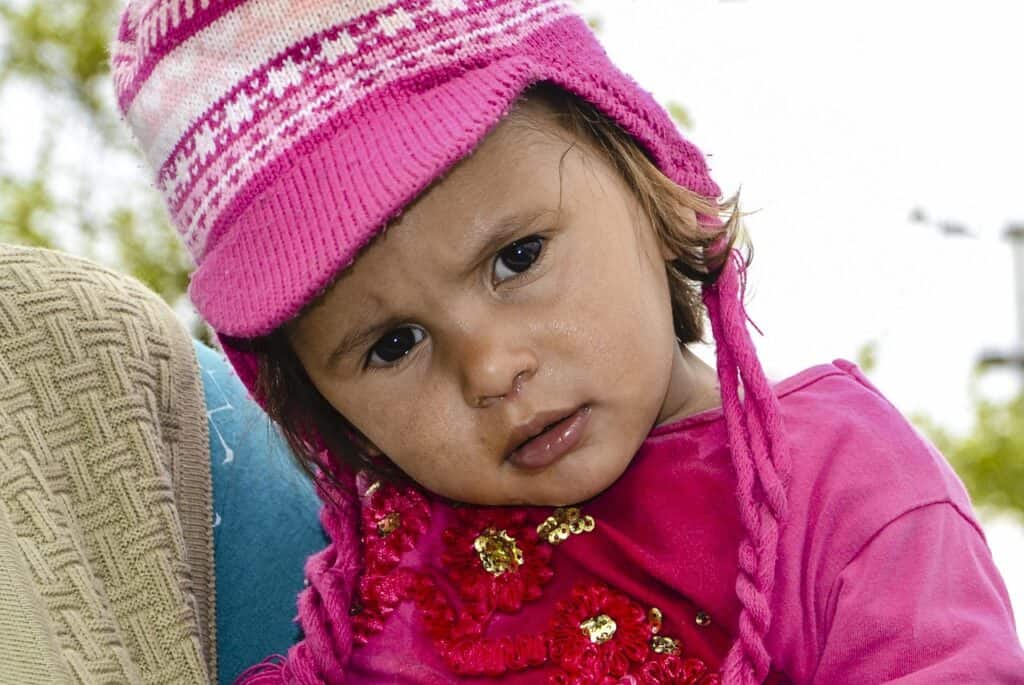
As babies develop, they may display various behaviors that can cause concern for parents. Eye rolling is one such behavior that can be alarming to witness.
While it is normal for babies to roll their eyes occasionally, persistent eye rolling can be a sign of an underlying issue.
Here are some signs and symptoms to watch for:
- Frequency of Eye Rolling: Occasional eye rolling is normal, but if it is happening frequently and for extended periods, it may be a cause for concern.
- Accompanying Symptoms: If eye rolling is accompanied by other symptoms such as vomiting, fever, or lethargy, it could be a sign of a more serious issue.
- Age of the Baby: Eye rolling in newborns is common and typically nothing to worry about. However, if eye-rolling persists beyond the first few months of life, it may be a sign of a more serious issue.
- Duration of Eye Rolling: If eye-rolling lasts for more than a few seconds, it may be a sign of a seizure or other neurological issue.
- Warning Signs: If a baby suddenly starts rolling their eyes and displays other warning signs such as difficulty breathing, blue lips, or loss of consciousness, seek medical attention immediately.
It is important to note that eye-rolling alone is not a definitive sign of any particular condition. However, if parents notice frequent or prolonged eye-rolling, along with other symptoms, they should consult a doctor to rule out any serious underlying issues.
6. Seeking Medical Attention
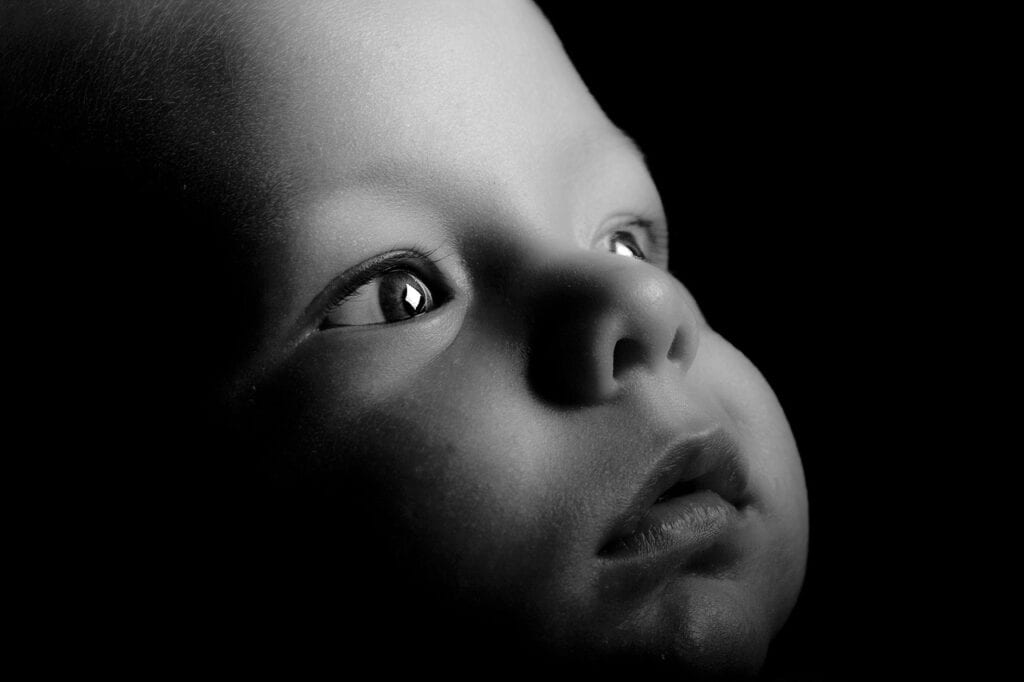
If a baby’s eye-rolling is accompanied by other symptoms such as seizures, loss of consciousness, or vomiting, it is important to seek immediate medical attention as these may be signs of a serious underlying condition.
In other cases, if a baby’s eye-rolling is persistent or occurs frequently, parents or caregivers should consult a pediatrician or healthcare provider. The American Academy of Pediatrics recommends that parents seek medical attention if they are concerned about their child’s development or behavior.
During a medical evaluation, the healthcare provider will likely ask questions about the baby’s medical history, including any previous episodes of eye-rolling. They may also perform a physical examination and order additional tests such as an electroencephalogram (EEG) or magnetic resonance imaging (MRI) to rule out any underlying neurological conditions.
Based on the results of the evaluation, the healthcare provider may recommend a treatment plan. Treatment options may include medication, therapy, or lifestyle changes.
It is important for parents to follow the treatment plan as prescribed and to keep the healthcare provider informed of any changes or concerns.
In summary, if a baby’s eye-rolling is accompanied by other concerning symptoms or is persistent, parents should seek medical attention from a pediatrician or healthcare provider. A medical evaluation may be necessary to rule out any underlying conditions and a treatment plan may be recommended.
7. Diagnostic Procedures
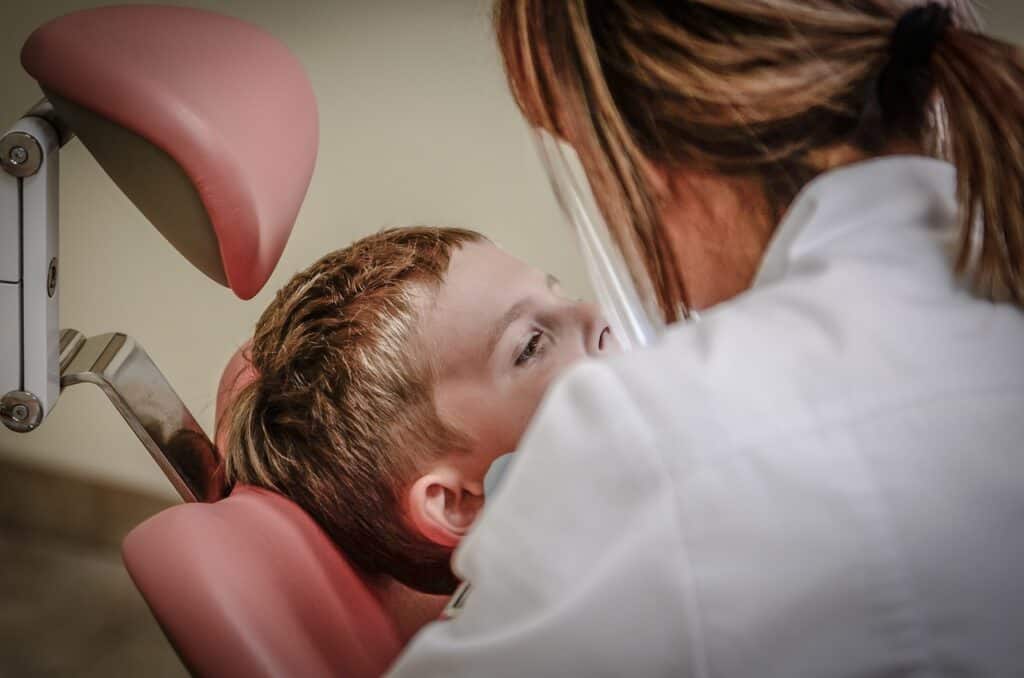
When a baby rolls their eyes, it is important for parents to seek medical attention to determine the underlying cause. The diagnostic process typically involves a physical exam, medical history review, and various tests.
The doctor may begin by asking questions about the baby’s symptoms and medical history. They may also perform a physical examination to check for any abnormalities or signs of illness.
Depending on the results of the exam, the doctor may order additional tests to help diagnose the cause of the eye rolling.
One common test used to diagnose neurological conditions is an electroencephalogram (EEG). This test measures the electrical activity in the brain and can help detect abnormalities that may be causing the eye rolling.
During the test, small electrodes are attached to the baby’s scalp and the electrical activity is recorded.
In some cases, magnetic resonance imaging (MRI) may be necessary to get a more detailed view of the brain and identify any structural abnormalities. This test uses a magnetic field and radio waves to create images of the brain and surrounding tissues.
Overall, the diagnostic process for eye rolling in babies is thorough and typically involves a combination of physical exams and tests. By identifying the underlying cause, doctors can develop an appropriate treatment plan to help manage the condition and improve the baby’s overall health.
8. Baby’s Behavior and Eye Rolling

Babies are known for their unpredictable behavior, and one of the behaviors that often puzzles parents is eye-rolling. Eye-rolling is when a baby moves their eyes upwards or sideways, and it can happen for a variety of reasons.
One of the most common reasons for eye-rolling in babies is sleepiness. When a baby is tired, they may roll their eyes as a sign of fatigue.
Eye-rolling can also be a sign of stiffening in the eye muscles, which can happen when a baby is trying to focus their eyes.
Another reason for eye-rolling in babies is during feeding, particularly during breastfeeding. Babies may roll their eyes as a result of the stimulation they are receiving during feeding.
It is important to note that eye-rolling during feeding is usually nothing to worry about and is a normal behavior.
Eye-rolling can also be a sign of anger and frustration in babies. When a baby is feeling upset, they may roll their eyes as a way to express their emotions.
Eye-rolling can also be a sign of newborn eye-rolling, which is a normal behavior that babies may exhibit during the first few months of life.
It is important to note that eye contact is an important part of a baby’s development, and eye-rolling can sometimes be a sign of a problem with eye contact. If a baby is consistently avoiding eye contact or rolling their eyes instead of making eye contact, it may be worth discussing with a pediatrician.
In summary, eye rolling in babies can happen for a variety of reasons, including sleepiness, stiffening of the eye muscles, feeding, anger and frustration, and newborn eye-rolling. While it is usually nothing to worry about, it is important to keep an eye on a baby’s behavior and contact a pediatrician if there are any concerns.
9. Eye Problems and Treatment Options
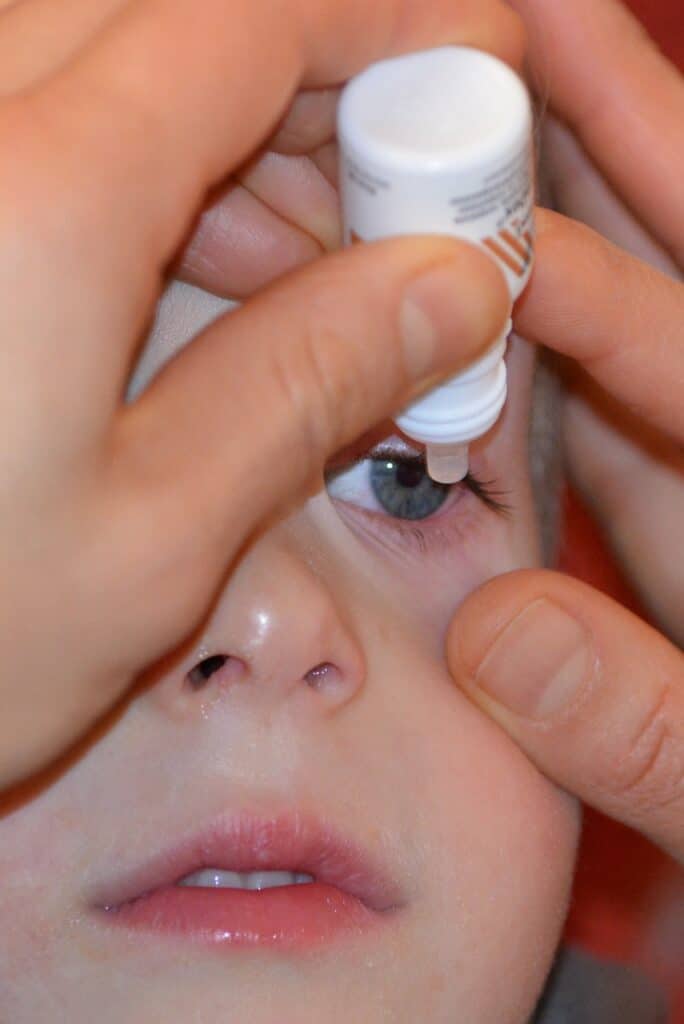
Babies can experience various eye problems that can affect their eye movement and cause them to roll their eyes. One common eye problem is strabismus, also known as a squint.
Strabismus occurs when the eyes do not align properly, causing one eye to turn in a different direction than the other. This can lead to double vision, poor depth perception, and eye strain.
Another eye problem that can cause eye rolling is nystagmus, which is an involuntary rhythmic movement of the eyes. Nystagmus can be caused by a variety of factors, including muscle tone issues, neurological conditions, and medications.
Treatment options for eye problems in babies depend on the specific condition and severity of the problem. In some cases, eye exercises and vision therapy can help improve eye coordination and movement.
For more severe cases, surgery may be necessary to correct the alignment of the eyes.
Muscle tone issues can also be a factor in eye problems in babies. Hypotonia, or low muscle tone, can cause difficulty with eye movement and coordination.
Treatment for hypotonia may include physical therapy and exercises to strengthen the muscles.
Overall, it is important for parents to seek medical attention if they notice any issues with their baby’s eye movement or coordination. Early intervention and treatment can help prevent long-term vision problems and improve overall eye health.
10. Parental Guidance
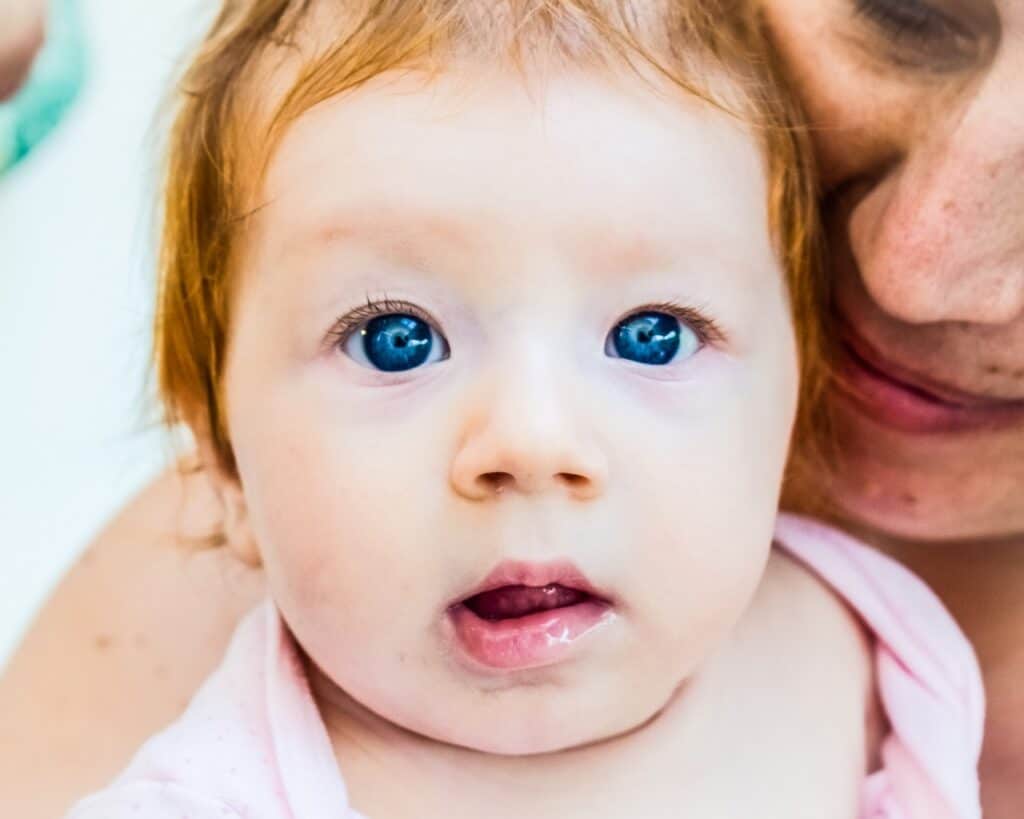
When parents notice their baby rolling their eyes, it can be concerning. However, it is important to understand that this behavior is normal and usually harmless.
Here are some tips for parents on how to handle their baby’s eye-rolling:
- Stay Calm: It is important for parents to remain calm when they notice their baby rolling their eyes. Babies can pick up on their parent’s anxiety, which can cause them to become more agitated.
- Observe the Situation: Parents should try to observe the situation in which their baby is rolling their eyes. Is the baby tired, hungry, or overstimulated? Understanding the cause of the behavior can help parents address it appropriately.
- Seek Medical Advice: If parents are concerned about their baby’s eye-rolling or if it is accompanied by other symptoms such as seizures, they should seek medical advice. A doctor can help determine if there is an underlying medical condition that needs to be addressed.
- Provide Comfort: Parents can provide comfort to their baby by holding them, talking to them, or offering a pacifier. This can help soothe the baby and reduce their eye-rolling behavior.
Overall, parents should not be overly concerned about their baby’s eye-rolling behavior. With a little observation and comfort, most babies will outgrow this behavior on their own.
Related post: Baby Likes to Sleep With Face Buried
Frequently Asked Questions
What causes babies to roll their eyes?
Babies roll their eyes for various reasons, including tiredness, boredom, or simply exploring their surroundings. They may also roll their eyes in response to stimuli, such as bright lights or loud sounds. In some cases, eye-rolling may be a sign of a medical condition, such as a seizure or neurological disorder.
Is eye-rolling in babies a sign of a seizure?
Eye rolling can be a sign of a seizure in babies, particularly if it is accompanied by other symptoms such as convulsions or loss of consciousness. However, not all eye rolling is a sign of a seizure, and it is important to consult a doctor if you are concerned about your baby’s eye movements.
Can eye-rolling in babies be a symptom of autism?
Eye rolling is not a specific symptom of autism, but it may be a sign of sensory processing issues or other developmental delays. If you are concerned about your baby’s eye rolling or other behaviors, it is important to consult a doctor or developmental specialist.
Why do some babies roll their eyes while sleeping?
Babies may roll their eyes while sleeping due to rapid eye movement (REM) sleep, which is a normal part of the sleep cycle. REM sleep is characterized by rapid eye movements and is thought to be important for brain development and learning.
How long does eye-rolling in babies last?
The duration of eye-rolling in babies can vary depending on the underlying cause. In some cases, it may be a temporary behavior that resolves on its own, while in other cases it may be a sign of a more serious condition that requires medical treatment.
When should I be concerned about my baby’s eye-rolling?
If your baby’s eye rolling is persistent, accompanied by other symptoms, or interferes with their daily activities, it is important to consult a doctor. They can help determine the underlying cause and provide appropriate treatment if necessary.

Iesha is a loving mother of 2 beautiful children. She’s an active parent who enjoys indoor and outdoor adventures with her family. Her mission is to share practical and realistic parenting advice to help the parenting community becoming stronger.
